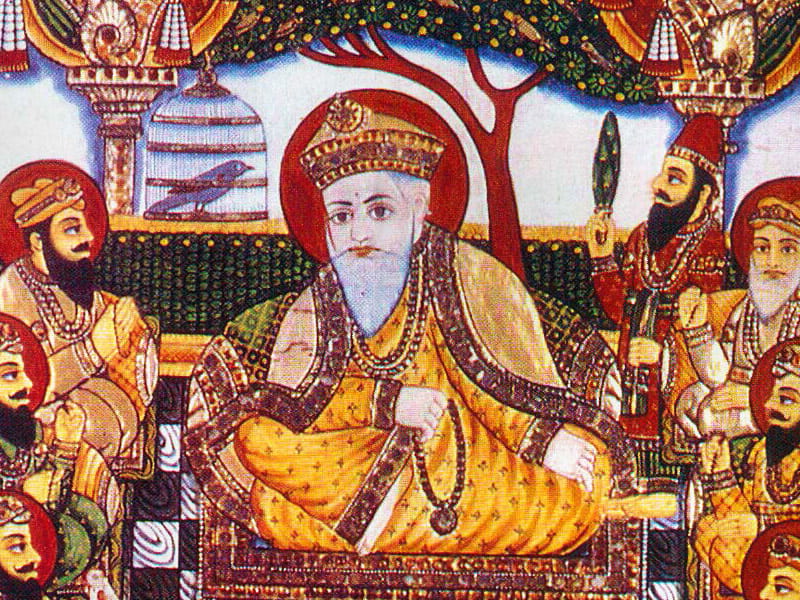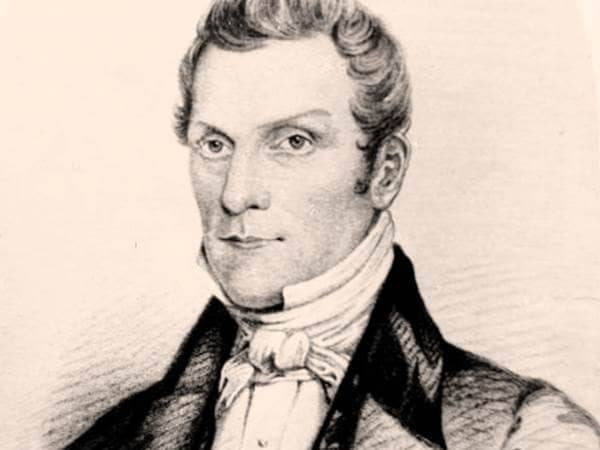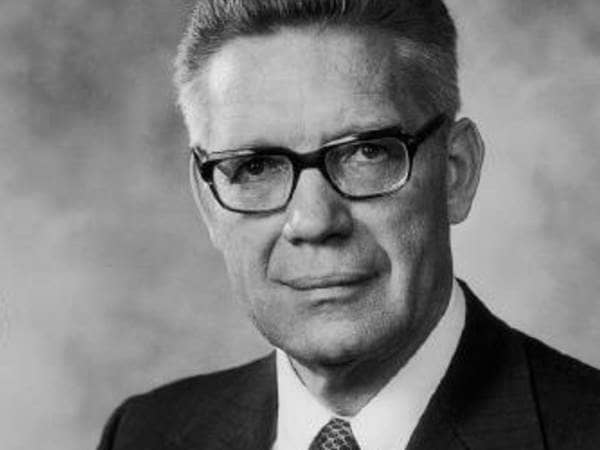
- Profession: Guru
- Lived: April 15, 1469 - September 22, 1539 (Renaissance)
- Nationality: Pakistani (present-day)
- Known for: Founder of Sikhism
The ten Gurus, whom Sikhs revere as the founders of their community, lived in succession from 1469 until 1708 C.E. The first, Guru Nanak, was born in what is today Pakistan, in the region known as Punjab ("land of five rivers"), in a village called Talvandi. In the 16th century, the rulers of the region were Muslims, as was much of the populace. The rest of the population practiced some form of Hindu religion. The religion Guru Nanak founded was completely distinct from these two, and yet would draw followers from both of these pre-existing traditions. Guru, meaning revered teacher, is a title that the founder's followers used to address him, along with Baba ("father"). The main sources for Guru Nanak's life and ministry are his own compositions and those of his successors, which are enshrined in the Sikh scripture known today as the Guru Granth Sahib.
According to Sikh tradition, Nanak was born into a middle-class Hindu family, and Islam probably played an important role in the day-to-day life of his village. His father was a revenue official for the state, and Guru Nanak was trained to follow in those professional footsteps. Working away from his home village in the town of Sultanpur Lodi, located on an important land route, Guru Nanak probably had conversations with the frequent passersby and pilgrims. Guru Nanak's parents were part of the Bhakti movement, a revival of basic Hindu principles, which some saw also as a social movement, because its principles predated the heavily structured caste system, and it focused on individual spirituality. This likely laid the groundwork for his later work in developing Sikhism. At an early age, he married a young woman named Sulakhani, and they had two sons, Sri Chand and Lakhmi Das. Sikhs refer to Sulakhani with the reverent title Mata ("Mother"). Though Guru Nanak had a comfortable career as an accountant, he was not content with the life he knew, and sought deeper experiences.
Guru Nanak was dissatisfied with the various expressions of existing religious paths, and sought more complete answers to his questions. He wrote: "Many flavors have I tasted, many costumes have I worn. Without my Lord my youth slips away—split from him I cry out!" Tradition recounts that when he was around 30, Nanak had a profound religious experience: he was bathing in a river when he disappeared for three days. Having been well-respected and favored by his townsmen, they sought for him frantically. He re-emerged to a mourning populace three days after his disappearance, and reported having been summoned to Kartar's [the Creator's] court. His first words after his reemergence are said to have been: "There is no Hindu, there is no Muslim."
Guru Nanak's experience can be interpreted to mean that from the divine perspective, superficial clinging to religious labels is a moot point. According to Sikh tradition, religions of Guru Nanak's day, obsessed with issues of identity and hatred of the other, had missed the real point of religion and their legitimacy was thus tarnished. This opened the door for the foundation for the Sikh community. Through his travels, Nanak spread his message and gained followers. As his fame spread, people came to his village seeking him. He eventually founded a community in a town he called Kartarpur, "Town of the Creator." In this town, Guru Nanak's own home was at the center of the town's social life and was the location where he offered teachings.
This community would have expressed a very family-oriented and agrarian ethic. Guru Nanak spoke highly of women and they probably played very important roles in the life of the community. The community's social makeup included a broad mix of classes, which represented a new development in the caste-bound India of the day. Guru Nanak's own closest companions were all from "outcaste" groups. Ethical living in the context of family engagement, in accordance with Guru Nanak's teachings, are deeply important to the Sikh way of life.
Sikhs reject ideas of divine incarnations, and hold that liberation results from being absorbed into God. Sikhs also reject the social doctrine of caste, and adhere to practices of equality in worship and life. This includes the unity of all women and men under one deity. This god is called by many names but has no one name. Sikhs attempt to live balanced lives of worship, work, and charity centered on community. There are approximately 23 million Sikhs worldwide today. — Rahuldeep Singh Gill (source: Patheos Religion Library)
According to Sikh tradition, Nanak was born into a middle-class Hindu family, and Islam probably played an important role in the day-to-day life of his village. His father was a revenue official for the state, and Guru Nanak was trained to follow in those professional footsteps. Working away from his home village in the town of Sultanpur Lodi, located on an important land route, Guru Nanak probably had conversations with the frequent passersby and pilgrims. Guru Nanak's parents were part of the Bhakti movement, a revival of basic Hindu principles, which some saw also as a social movement, because its principles predated the heavily structured caste system, and it focused on individual spirituality. This likely laid the groundwork for his later work in developing Sikhism. At an early age, he married a young woman named Sulakhani, and they had two sons, Sri Chand and Lakhmi Das. Sikhs refer to Sulakhani with the reverent title Mata ("Mother"). Though Guru Nanak had a comfortable career as an accountant, he was not content with the life he knew, and sought deeper experiences.
Guru Nanak was dissatisfied with the various expressions of existing religious paths, and sought more complete answers to his questions. He wrote: "Many flavors have I tasted, many costumes have I worn. Without my Lord my youth slips away—split from him I cry out!" Tradition recounts that when he was around 30, Nanak had a profound religious experience: he was bathing in a river when he disappeared for three days. Having been well-respected and favored by his townsmen, they sought for him frantically. He re-emerged to a mourning populace three days after his disappearance, and reported having been summoned to Kartar's [the Creator's] court. His first words after his reemergence are said to have been: "There is no Hindu, there is no Muslim."
Guru Nanak's experience can be interpreted to mean that from the divine perspective, superficial clinging to religious labels is a moot point. According to Sikh tradition, religions of Guru Nanak's day, obsessed with issues of identity and hatred of the other, had missed the real point of religion and their legitimacy was thus tarnished. This opened the door for the foundation for the Sikh community. Through his travels, Nanak spread his message and gained followers. As his fame spread, people came to his village seeking him. He eventually founded a community in a town he called Kartarpur, "Town of the Creator." In this town, Guru Nanak's own home was at the center of the town's social life and was the location where he offered teachings.
This community would have expressed a very family-oriented and agrarian ethic. Guru Nanak spoke highly of women and they probably played very important roles in the life of the community. The community's social makeup included a broad mix of classes, which represented a new development in the caste-bound India of the day. Guru Nanak's own closest companions were all from "outcaste" groups. Ethical living in the context of family engagement, in accordance with Guru Nanak's teachings, are deeply important to the Sikh way of life.
Sikhs reject ideas of divine incarnations, and hold that liberation results from being absorbed into God. Sikhs also reject the social doctrine of caste, and adhere to practices of equality in worship and life. This includes the unity of all women and men under one deity. This god is called by many names but has no one name. Sikhs attempt to live balanced lives of worship, work, and charity centered on community. There are approximately 23 million Sikhs worldwide today. — Rahuldeep Singh Gill (source: Patheos Religion Library)
Back to Search Results






